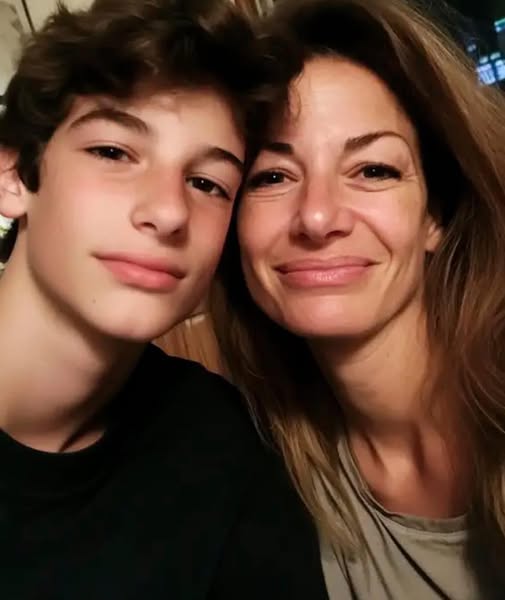For the first time ever, my son asked to spend the summer with my mom—alone. I was shocked. He’d never shown much interest in visiting her or spending time in her quiet little town.
My mom lives with a disability, and I pay a caregiver to assist her daily. She refuses to move in with us or go to a nursing facility. Surprisingly, my son insisted he could take care of her himself, giving the caregiver a break. I thought, Is he finally growing up?
The first week went smoothly. He was sweet on the phone and sounded mature. But every time I asked to speak to my mom, he had an excuse—she was either asleep or busy.
Then came the terrifying part. I got a call from my son’s number, but it was my mom’s voice, whispering, “Please, come save me from him!”—and then the line went dead.
Panicked, I tried calling back. No answer. I dropped everything and drove straight to her house.
It was a three-hour drive, but I swear it felt like twenty minutes. My hands were trembling the whole way, my mind racing with worst-case scenarios. Had he lost control? Was she in danger? Or was it someone else entirely?
When I arrived, everything looked… ordinary. The porch light was on, her curtains drawn, flowers blooming in the garden like always. But no one answered the doorbell.
Using the spare key hidden under the flowerpot, I let myself in. The living room was empty. Her walker sat untouched near the couch. Then I heard faint voices down the hall.
I followed the sound to her bedroom—and opened the door to find my son pacing, shouting into his phone. He jumped when he saw me.
“Mom?! What are you doing here?”
“Where’s Grandma?” I demanded.
A soft cough answered from the bed. There she was, frail and pale, her voice raspy.
“I’ve had the flu for a few days,” she said. “I asked Malik to call you, but he didn’t want to worry you. So I waited until he fell asleep and used his phone this morning.”
I turned to Malik. He looked stricken. “I wasn’t trying to hurt her,” he said quickly. “I just… I thought I could handle it. I didn’t want you to think I’d failed.”
Turns out, the caregiver had left suddenly for a family emergency, and instead of telling me, Malik tried to manage everything alone—medications, meals, cleaning, bathing her. But he was just a teenager, and things quickly got out of hand. He dismissed her fever as nothing serious, not realizing how much worse she was getting.
For two days, I stayed with her—helping her recover, taking her to urgent care. Thankfully, it was just the flu, but with her condition, it could’ve been dangerous if left any longer.
Malik barely spoke at first. Guilt weighed heavy on him.
But that night, we sat together on the porch.
“I really thought I could do it all,” he said quietly. “I just… I wanted to be useful for once.”
I looked at him and saw a different version of the boy I knew—not just taller or older, but wiser, more aware. He’d tried. He’d stepped up.
“I’m proud of you for trying,” I told him. “But strength doesn’t mean doing everything by yourself. Sometimes, strength is knowing when to ask for help.”
He nodded, eyes glassy. “I just didn’t want to let her down.”
“You didn’t,” I said. “You made a mistake. But your heart was in the right place—and that counts.”
We ended up staying for two more weeks until the caregiver returned. Malik apologized to my mom, and she forgave him without hesitation. She even joked, “Next time, just don’t serve me raw eggs and we’re good.”
I laughed—but quietly vowed never to send him alone again.
That summer didn’t unfold the way any of us imagined. But in the end, it gave Malik something more meaningful than responsibility. It gave him perspective.
And it reminded me that growth isn’t always neat or pretty. Sometimes it shows up in chaos, fear, and hard lessons.
But it does show up.
